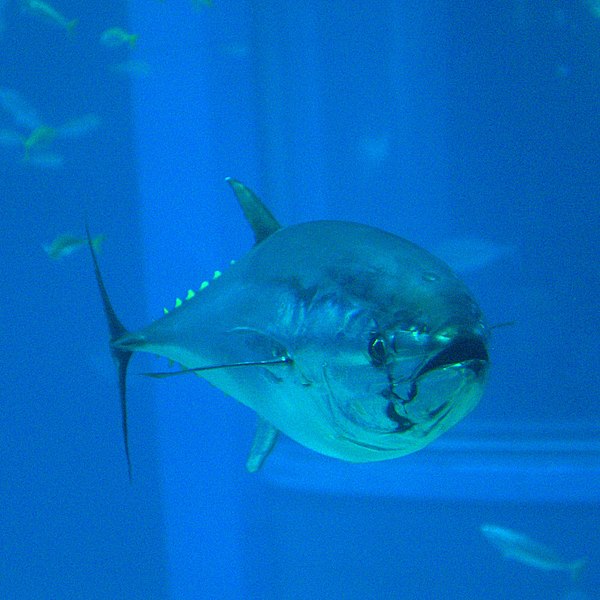
Five million Brazilian farmers are locked in a lawsuit with US-based biotech giant Monsanto, suing for as much as 6.2 billion euros. They say that the genetic-engineering company has been collecting royalties on crops it unfairly claims as its own.
The farmers claim that Monsanto unfairly collects exorbitant profits every year worldwide on royalties from “renewal” seed harvests. “Renewal” crops are those that have been planted using seed from the previous year’s harvest. While the practice of renewal farming is an ancient one, Monsanto disagrees, demanding royalties from any crop generation produced from its genetically-engineered seed. Because the engineered seed is patented, Monsanto not only charges an initial royalty on the sale of the crop produced, but a continuing 2 per cent royalty on every subsequent crop, even if the farmer is using a later generation of seed.

 Environmental Glance
Environmental Glance The world’s air has reached what scientists call a troubling new milestone for carbon dioxide, the main global warming pollutant.
The world’s air has reached what scientists call a troubling new milestone for carbon dioxide, the main global warming pollutant. When fallout from the Fukushima nuclear disaster began appearing last Spring in U.S. air, rainwater, drinking water, and milk, many U.S. media outlets ignored the story.
When fallout from the Fukushima nuclear disaster began appearing last Spring in U.S. air, rainwater, drinking water, and milk, many U.S. media outlets ignored the story. "We first discovered the unintended presence of the Roundup Ready gene in our conventional alfalfa seed in 2005," says the letter. "It was identified in one of our foundation seed production lots grown in California. We tested the foundation seed lot prior to shipping it to a producer who intended to plant it for organic seed production.
"We first discovered the unintended presence of the Roundup Ready gene in our conventional alfalfa seed in 2005," says the letter. "It was identified in one of our foundation seed production lots grown in California. We tested the foundation seed lot prior to shipping it to a producer who intended to plant it for organic seed production.
 Across the vast Pacific, the mighty bluefin tuna carried radioactive contamination that leaked from Japan's crippled nuclear plant to the shores of the United States 6,000 miles away – the first time a huge migrating fish has been shown to carry radioactivity such a distance.
Across the vast Pacific, the mighty bluefin tuna carried radioactive contamination that leaked from Japan's crippled nuclear plant to the shores of the United States 6,000 miles away – the first time a huge migrating fish has been shown to carry radioactivity such a distance. Florida's top state wetlands expert has been suspended after she refused to issue a permit on a controversial project — one that she said her boss was willing to bend the rules to approve.
Florida's top state wetlands expert has been suspended after she refused to issue a permit on a controversial project — one that she said her boss was willing to bend the rules to approve.






























